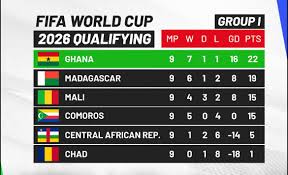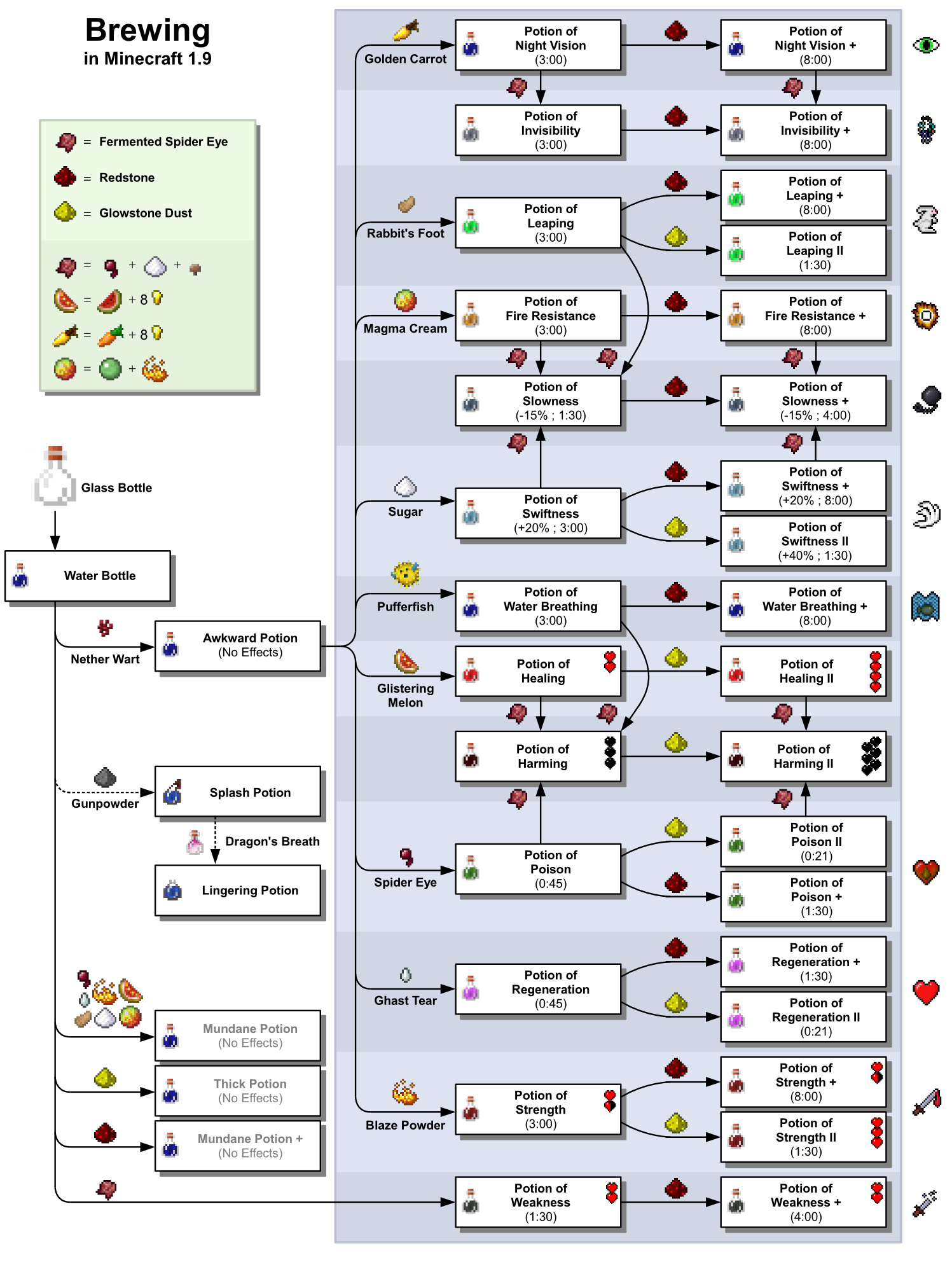Introduction
The FIFA World Cup is one of the most prestigious tournaments in international football, showcasing the best teams from around the globe. For African nations, qualification for this event is not only a matter of pride but also crucial for reputation in international football. As the continent continues to develop its football infrastructure and talent pool, understanding the qualification process is essential for fans and aspiring teams alike.
Afcon and World Cup Qualification
In total, six teams from Africa qualify for the FIFA World Cup. This quota was established during the 1998 World Cup and has remained consistent through subsequent tournaments. The qualification process primarily involves the African Cup of Nations (AFCON) and a series of qualifying matches held prior to the World Cup.
2022 World Cup Qualification
For the 2022 FIFA World Cup in Qatar, the African qualification stage was particularly intense, featuring more than 50 national teams divided into 10 groups. Each group played matches, and the winners of those groups advanced to the playoffs. The playoffs consisted of two-legged matchups, and ultimately, five teams secured their spot in the World Cup.
The Role of CAF
The Confederation of African Football (CAF) governs the qualification process. CAF organizes the qualifying rounds, and the performances in both AFCON and World Cup qualifiers directly impact a nation’s ability to participate in the World Cup. Furthermore, CAF has been working on enhancing its influence to possibly secure more slots for Africa in future tournaments, as there is a growing sentiment that African football is increasingly competitive on the global stage.
Looking Ahead
As we approach future World Cups, there are discussions to potentially increase the number of African qualifying teams. The FIFA World Cup is set to expand from 32 to 48 teams by 2026, which could lead to more qualifications for African countries. This could have significant implications for African football, including more resources, development, and greater international exposure.
Conclusion
The qualification of teams for the FIFA World Cup remains a crucial topic for African nations. With six existing spots for the tournament, the future might bring more opportunities as the level of competition improves. Fans around the continent eagerly anticipate each qualification cycle and hope to see even more representation of African talent on the world stage.


